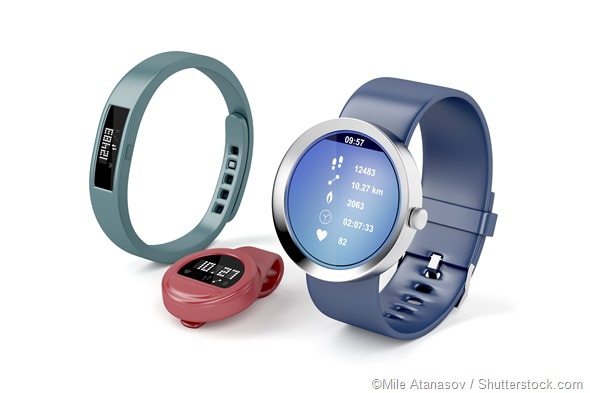A number of wearable fitness trackers are available in the market today. Many of them come equipped with functions that you would not have thought existed. Some of them can be quite expensive based on the number of parameters they can sense and process.
With this in mind, it is logical to consider exactly what purpose the tracker must serve. One can then accordingly decide upon what features are most necessary and exclude those with extra features likely to increase the cost of the tracker.
Cost
Any reliable fitness tracker will not come cheap. Most start at $75 but many can be hundreds based on the features and the brand being considered. Every added feature will be monetised; thus, defining a budget is logical before setting out to purchase a tracker and potentially overspending.
Primary use
A fitness tracker can provide information on a multitude of parameters. Once the primary features needed are identified, an individual can cross check these with the models available in the market in order to make an informed decision. For example, the individual may want to monitor their footsteps, heart rate, blood pressure or sleep pattern. They might also need to know whether they need the tracker to be used all the time or solely during workouts.

Wear
Currently the most popular wearable fitness trackers may be worn either as a waistband or on the wrist. Which kind of tracker would work best should be based on the primary use of the tracker and the subset of choices available based on this. The wrist worn fitness trackers have been on the rise for the last couple of years for the simple convenience that they offer. It is more difficult to use the waistband trackers, but they are able to gauge steps more accurately as there is less margin of error for mistaking peripheral movement.
Features to consider
Screen display
This is a feature based on individual preference. Some people may like the option of viewing an in-built screen on the fitness tracker while they are exercising. Others may wish to focus only on the exercise and study the data on the smartphone post the workout.

Charging
Being an electronic device, the wearable fitness tracker will require charging. One should consider how long the battery lasts on different trackers,how often it will be possible and necessary to charge the device and whether it needs an electronic outlet or can be charged via a USB port. This will narrow down the field to trackers that fit the requirement. It’s always better to check actual customer feedback as opposed to the manufacturer’s claims. The ease of use is worth looking into.
GPS
Trackers will already have a built in 3 axis accelerometer to track movement. Is a GPS then necessary during workouts? If one is swimming and simply wants to keep track of the laps, it would not make sense to get a fitness tracker with a GPS built in. However if you are jogging through unknown areas, a GPS based navigation system may be a definite advantage.
Waterproof
There is little requirement of getting a waterproof fitness tracker if an inidivudla’s workout consists of solely jogging, running, or walking. However this would be a mandatory featurefor a regular swimmer. Once again it is useful to know the primary use for the fitness tracker.
Customized workouts
This feature allows one to create customized workouts in the App associated with the fitness tracker. It involves setting goals and daily targets. The idea is to stay motivated to exercise regularly by getting this information updated daily. Again it’s a higher end feature and can add to the price.
Smart notifications
Some fitness trackers come with smartphone enabled notifications, which arise when there is a new text message, email, or social media alert. This might not be deemed as the most necessary feature of a tracker and such smart features raise the price of the tracker.
A Beginner’s Guide To Fitness Bands
References
- http://www.livescience.com/49174-choosing-a-fitness-tracker.html
- http://gadgetsandwearables.com/
Further Reading
Last Updated: Dec 30, 2022